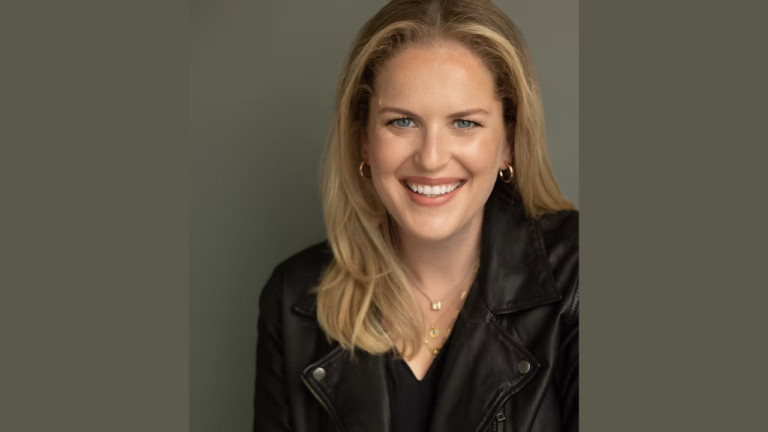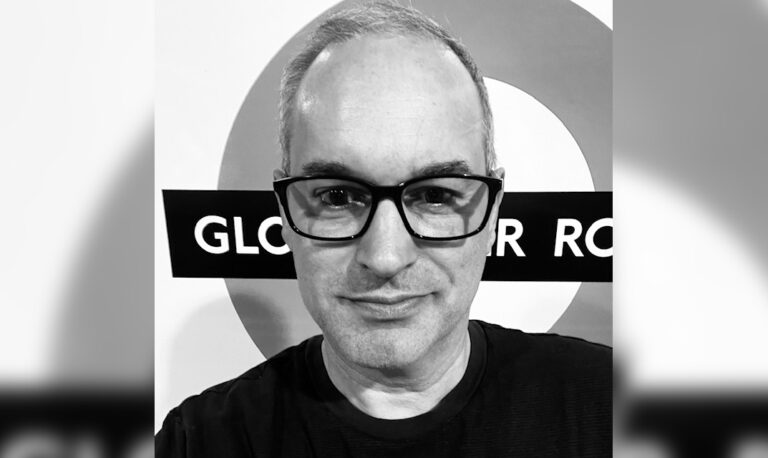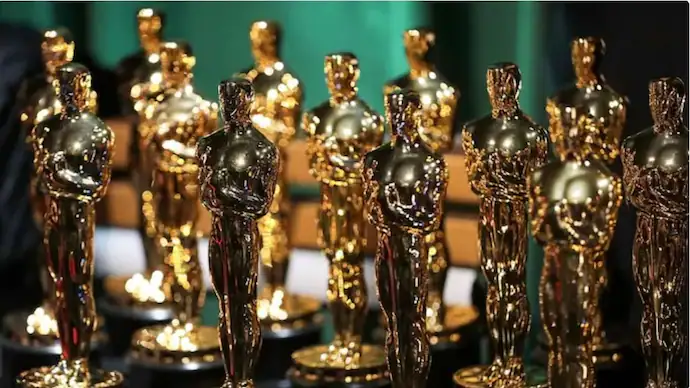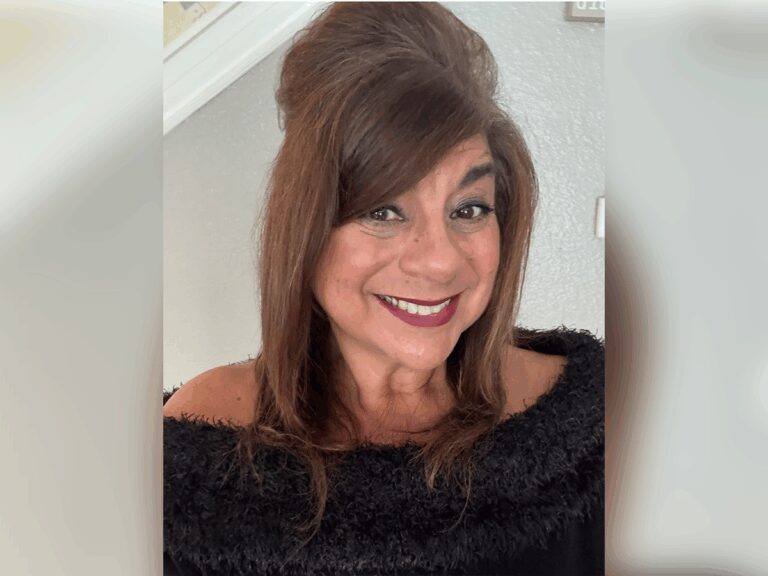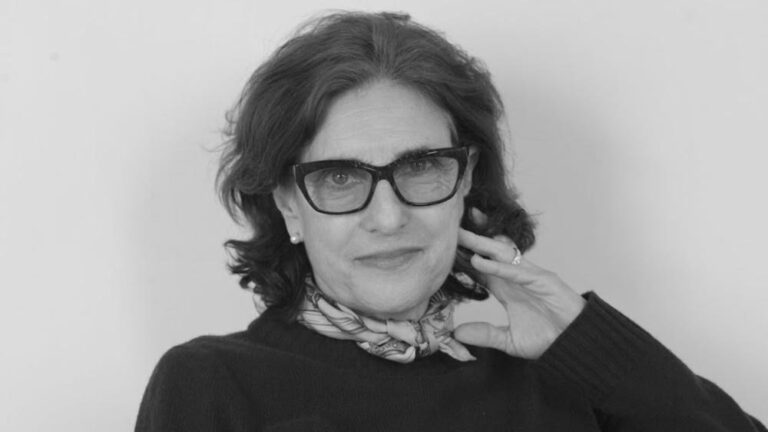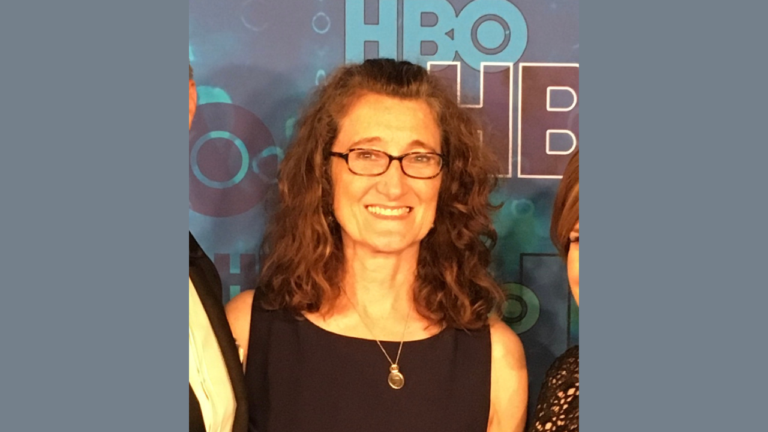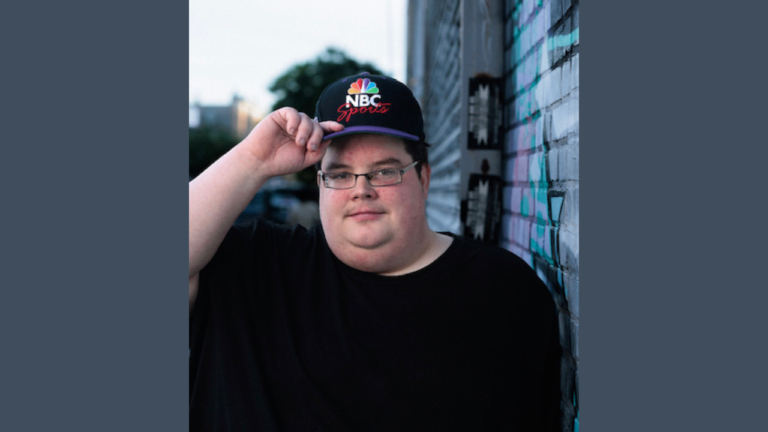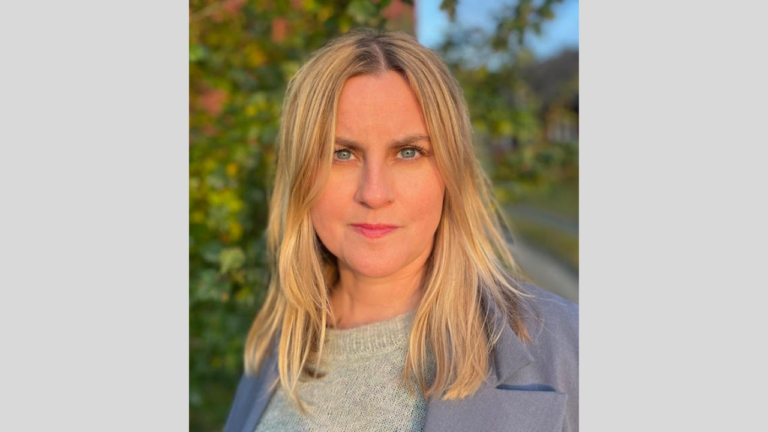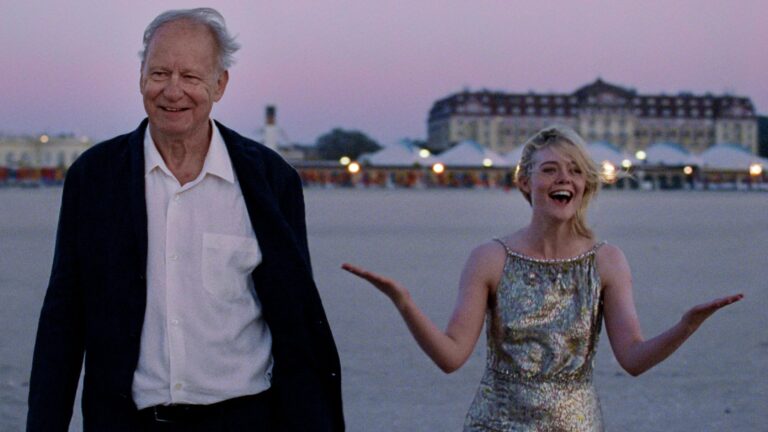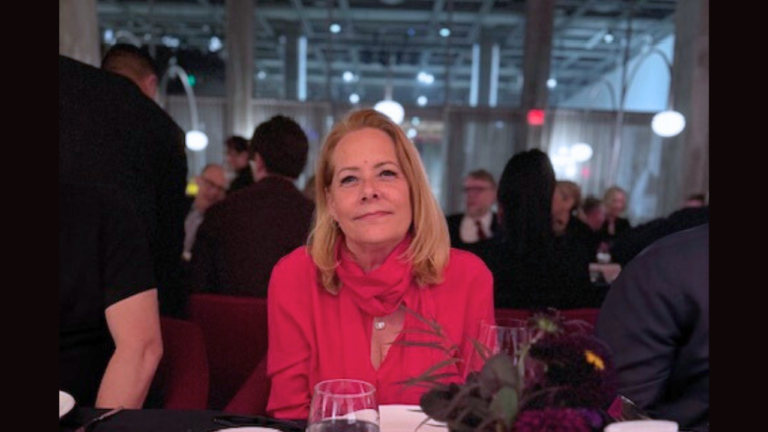As long as there’s been an entertainment industry, there have been people looking to exploit others wanting to be involved in it. Over the years, many scams have remained the same; it’s just that the technology has changed. This has never been more true than now, with a series of ongoing scam attempts by people targeting actors by pretending to be some of the biggest casting directors in Hollywood.
Key Insights:
- Scammers are impersonating top Hollywood casting directors on social media to trick actors into paying for fake auditions, travel, or visa costs.
- The scams have become increasingly sophisticated, using real projects and names to appear legitimate, making awareness and verification essential.
- The Casting Society (CSA) urges actors to verify contacts, move conversations off DMs, and report suspicious messages—especially if money is requested.
People like Ellen Lewis, Vicky Thomas, Jeanne McCarthy, Douglas Aibel, Francine Maisler, Sarah Finn and Margery Simkin, each of them among the most successful and well-known people in the casting industry, have all been impersonated by scammers, and that’s just a partial listing. There are many more, and the number of scam attempts has only increased since the first of the year.
“Basically, there have been people making accounts on social media, often Instagram, but other platforms as well, pretending to be well-known casting directors, and then reaching out to actors, saying things kind of like, ‘Oh, I have this opportunity for you, you should audition for this big-name director,’” explains Destiny Lilly, the president of Casting Society (CSA). “And at some point, usually in that conversation back and forth, they would ask for money. ‘Oh, I need this amount of money to get your travel to LA for your screen test,’ or, ‘We need this to process a visa for you to work abroad,’ or something like that.”
What’s dangerous about these scams is their sophistication. There’s enough to what is being pitched that an actor might think that this was a legitimate proposition. The scammers will quote projects that the casting director is actually working on. Often, the casting directors themselves aren’t even aware it’s happening until after someone has been scammed and reached out to them through other channels to alert them that they are being impersonated.
“The thing that’s really difficult,” Lilly says, “is that there’s not a lot that we can actually do about it, because we don’t know who’s behind it. When someone asks for money like that, that becomes fraud. So it becomes a legal issue.”
The process is akin to whack-a-mole, wherein whenever one scammer is discovered and foiled, another immediately pops up to take their place. One social media account is closed, another is opened. Thus, while both the CSA and individual actors and casting directors have been in contact with the proper authorities, the organization’s focus has been on education and awareness, aiming to inform people about the scammers out there and how both actors and casting directors can protect themselves online.
For one thing, the CSA has started encouraging casting directors to open social media accounts and to point out that these are their only official accounts. Even those who have no interest in putting themselves out there have been following this advice. Lewis, for one, established an Instagram account for that very purpose and makes it clear on her page that it is the only account she has. The reasoning behind this is twofold: it not only establishes official accounts for the casting directors in question but also makes it easier to flag fake accounts. If there is no existing account, then there is technically nothing to impersonate, making it more difficult for the platforms to take those pages down.
What should an actor do if they’re contacted by someone claiming to be a casting director? First, look into the accounts themselves. Do they seem legit? What kind of content is there? Who follows the account, and what other accounts does it follow?
Additionally, if a real casting director contacts an actor without representation, all further communication will go through the casting director’s office after the initial contact. So if an actor is contacted, insist on moving the conversation from DM to phone calls and emails. Any reluctance on the “casting director’s” part is a major red flag.
If there is any doubt, contact the CSA via email at info@castingsociety.com, an address that is regularly monitored and that responds reasonably quickly to queries. The organization is eager to help and will verify if the person is who they claim to be. Even if the casting director is not a CSA member, as Lilly says, “We have ways of contacting them.”
There is also the CSA’s page dedicated to Online Safety and Scams, a fairly comprehensive guide to the issue and how to avoid being victimized.
Ultimately, there is one very easy rule for an actor to follow when receiving an unsolicited contact from someone claiming to be a casting director. If that person is looking for money in return for an opportunity to audition or be cast in a film or TV production, chances are it’s not real.
“I would suggest that actors be wary of any casting director asking for money in exchange for an acting opportunity,” Lilly says. “If it seems to be pay-for-play, then the answer is ‘no.’”
Final Takeaways
The entertainment industry has always attracted scammers looking to exploit hopeful actors. With scammers now impersonating top casting directors on social media, new actors need to be extra cautious. Here are some simple steps to protect yourself from these ongoing scams.
- Check if the casting director’s social media accounts look official and have consistent content.
- Move conversations from direct messages to phone calls or verified emails whenever possible.
- Never pay money for auditions, travel, or visa processing requests.
- If unsure, contact the Casting Society to verify any suspicious offers.
- Trust your instincts—if something feels off or too good to be true, it probably is.
You may also like:


